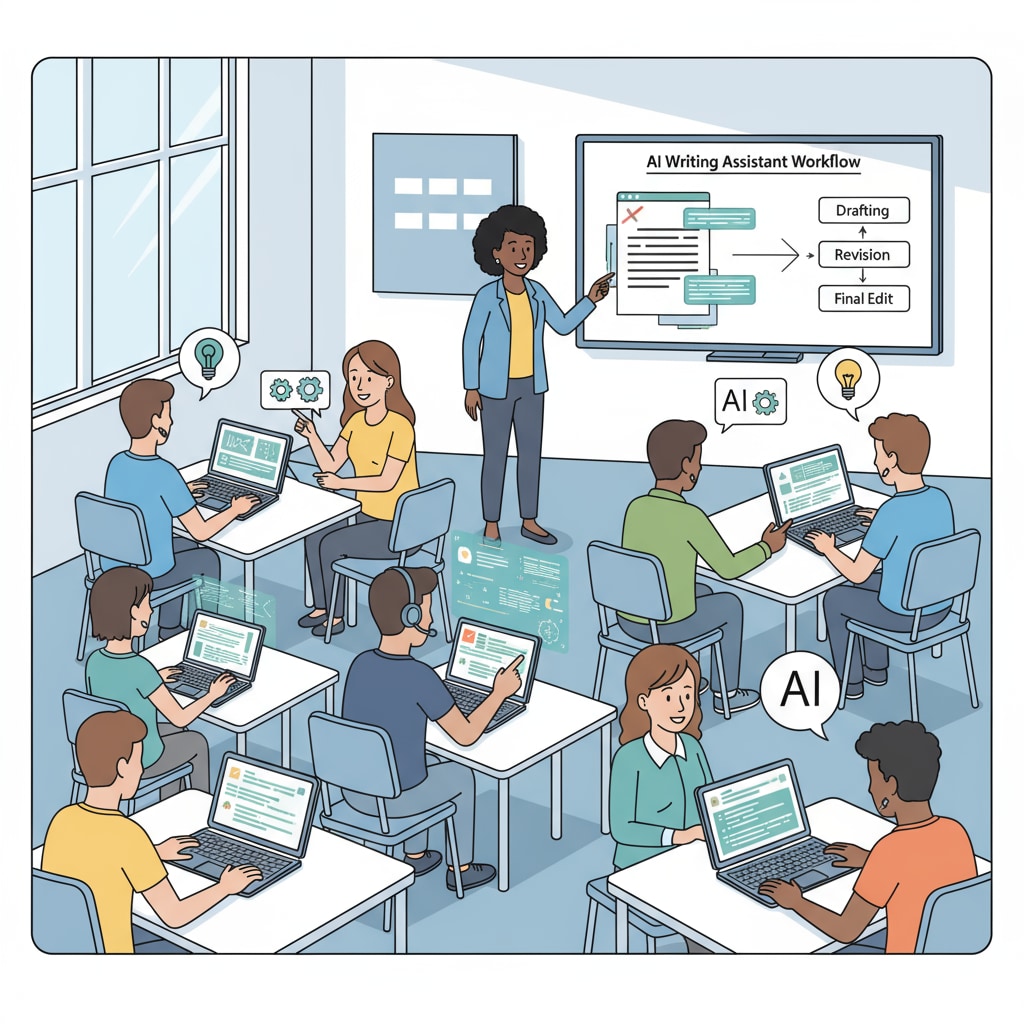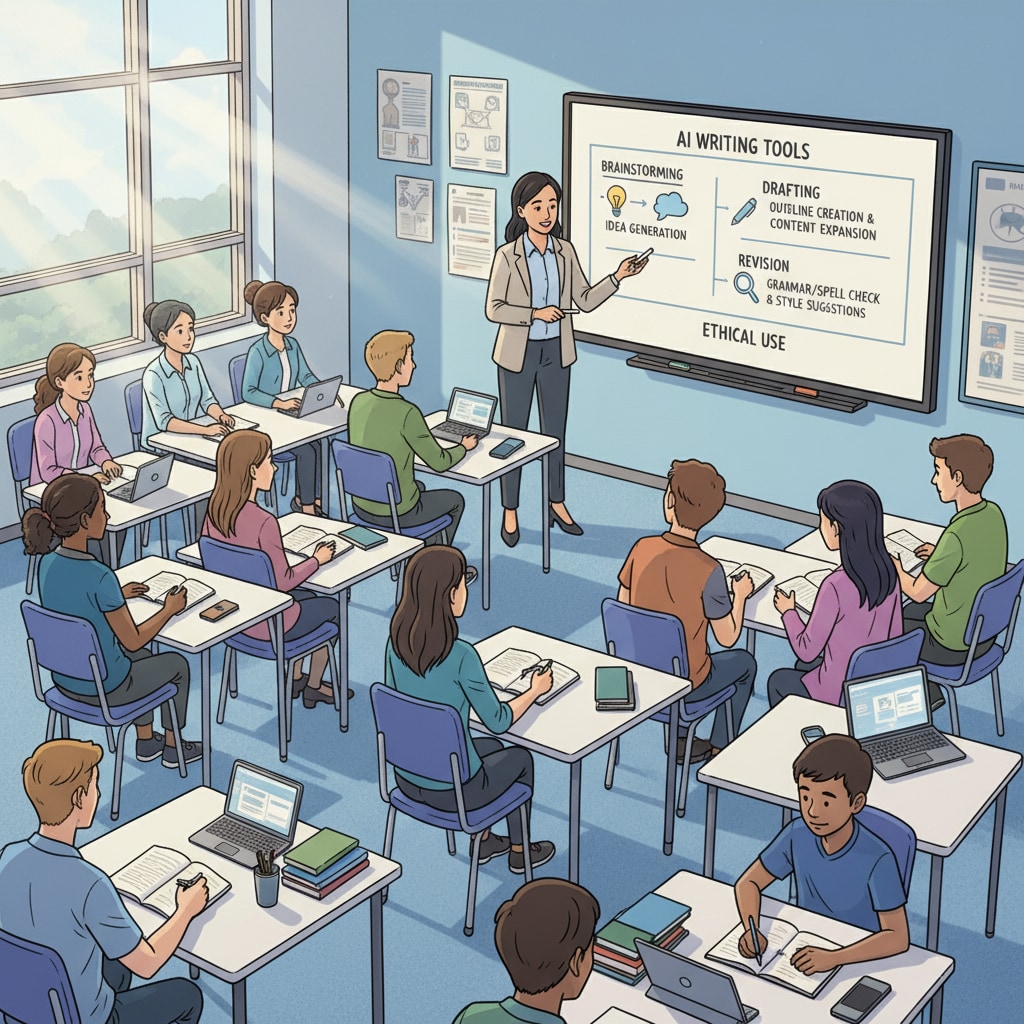In the age of rapid technological advancement, AI writing, teaching transformation, and writing skills have become crucial aspects in K12 education. The advent of artificial intelligence is reshaping the landscape of writing instruction, presenting both challenges and opportunities. As educators, it is essential to adapt and innovate to prepare students for the future.

The Impact of AI on K12 Writing Teaching
AI has brought about a significant impact on K12 writing teaching. With the development of advanced language models, students now have access to tools that can assist them in various aspects of writing, such as grammar checking, vocabulary suggestions, and even generating text outlines. For example, platforms like Grammarly can quickly identify grammar and spelling mistakes, providing instant feedback to students. This has changed the traditional way of writing instruction, where teachers often spent a great deal of time correcting papers manually. However, this also poses a challenge as educators need to ensure that students do not overly rely on these tools and still develop their own critical thinking and writing abilities. Artificial intelligence in education on Wikipedia
Repositioning Writing Teaching Goals
In the AI era, it is necessary to reposition writing teaching goals. Instead of solely focusing on grammar and spelling, educators should aim to cultivate students’ creativity, critical thinking, and the ability to express their unique voices. Writing should be seen as a means of communication and self-expression. Teachers can encourage students to use AI tools as a supplement, rather than a replacement, to enhance their writing process. For instance, students can use AI-generated outlines as a starting point and then develop their own ideas and arguments. This way, they can leverage the benefits of AI while still honing their writing skills. Education on Britannica

To achieve these new goals, educators need to shift their mindset from a “detection and punishment” approach to one that focuses on nurturing students’ growth. Instead of penalizing students for mistakes, teachers should provide constructive feedback and guide them on how to improve. This positive approach will encourage students to be more engaged in the writing process and develop a love for writing.
Readability guidance: In this article, we have explored the impact of AI on K12 writing teaching and the importance of repositioning teaching goals. By understanding these aspects, educators can better adapt to the AI era and help students develop strong writing skills. Using AI tools appropriately can be a powerful way to enhance the writing process, but it is essential to maintain a balance and ensure that students are actively involved in the learning journey.


